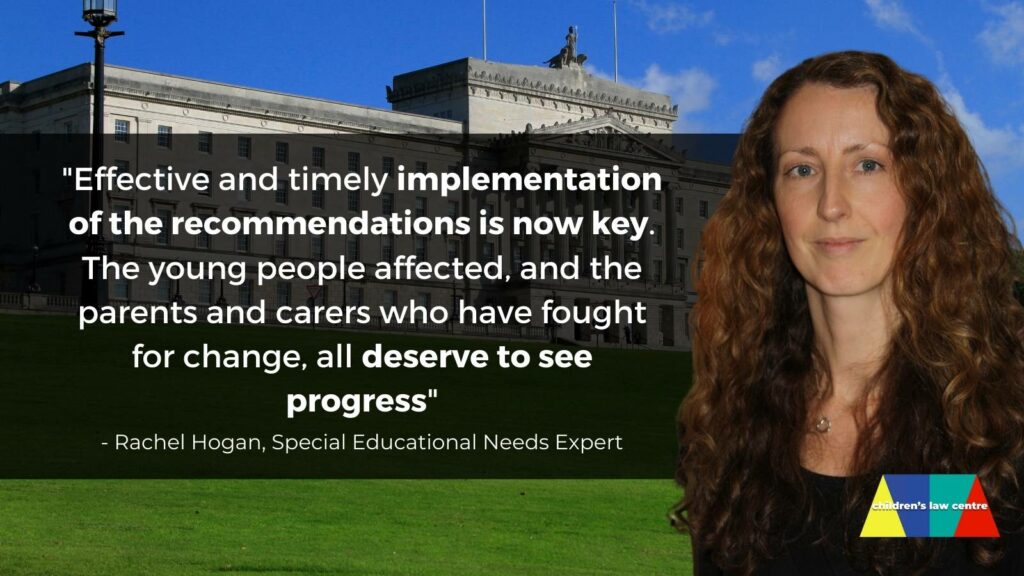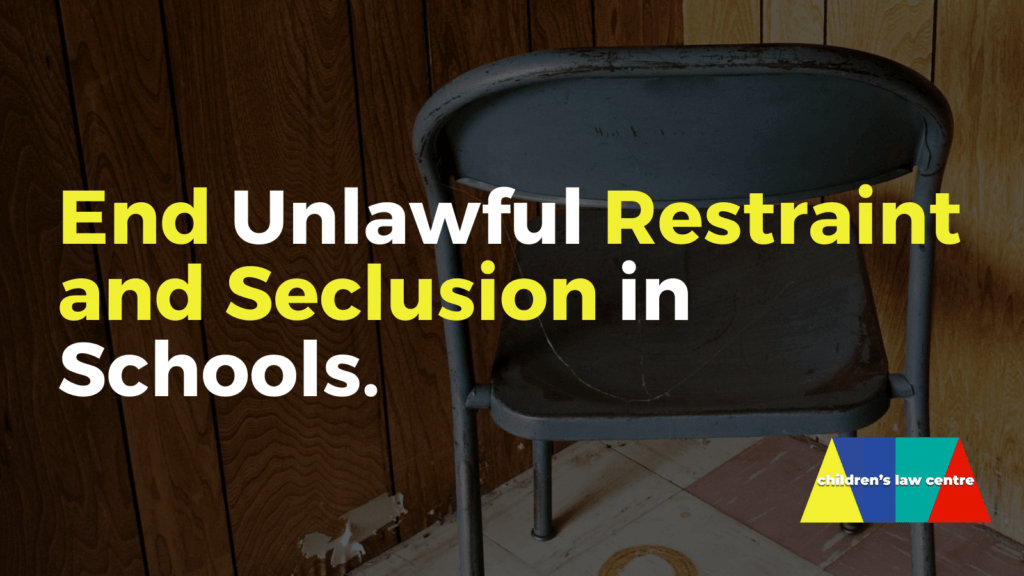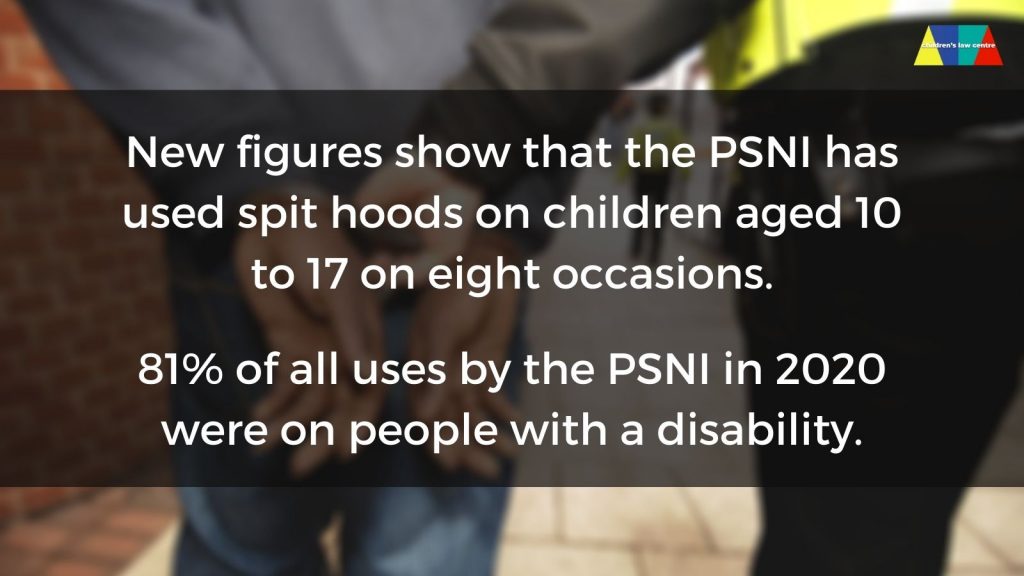22 May 2025
The Children’s Law Centre (CLC) presented evidence to the Northern Ireland Assembly’s Education Committee, calling for urgent legislative reform to end the harmful use of restrictive practices – including restraint and seclusion – in education settings.
The evidence session, supported by a detailed written briefing, highlights how current practices in some education settings are breaching children’s human rights and disproportionately harming disabled children, particularly those with autism, intellectual disability and communication difficulties.
The evidence, presented by Rachel Hogan, SEND Specialist Legal Adviser at CLC, strongly asserted that no child should be restrained in an education setting without strict legal safeguards and that no child should be subjected to seclusion in an education setting.
Yet, in Northern Ireland, outdated legislation remains in force and the statutory guidance which had been promised for the protection of children from harm has not been finalised. This creates a dangerous vacuum and places the most vulnerable pupils at serious risk of avoidable harm as well as leaving staff who support them without essential knowledge and skills to enable child rights compliant practice.
The CLC written briefing outlines a number of key concerns:
- Article 4 of the Education (NI) Order 1998, which empowers staff to use “reasonable force” on children in a range of circumstances, including for the maintenance of order and discipline, is outdated and incompatible with equality and human rights standards.
- There is a lack of clarity around the banning of seclusion in all education settings.
- There is no mandatory training for school staff on how to minimise and eliminate restrictive practices.
- NI remains behind other jurisdictions, despite repeated calls for action from parents, professionals and international rights bodies such as the UN Convention on the Rights of the Child and the UN Convention on Persons with Disabilities.
The Children’s Law Centre is urging the Department of Education to:
- Immediately repeal Article 4 of the 1998 Order and introduce children’s human rights-based legislation and guidance.
- Ban seclusion outright in all education settings.
- Ensure mandatory, standardised training for all school staff.
- Implement clear recording, monitoring and reporting mechanisms.
- Work with the Department of Health to ensure joined-up, cross-departmental policy and guidance.
Every child has the right to feel safe, supported and respected in education regardless of their disabilities or other protected equality characteristics. Legislative reform is long overdue. Without it, children’s rights will continue to be violated and staff left unsupported.





